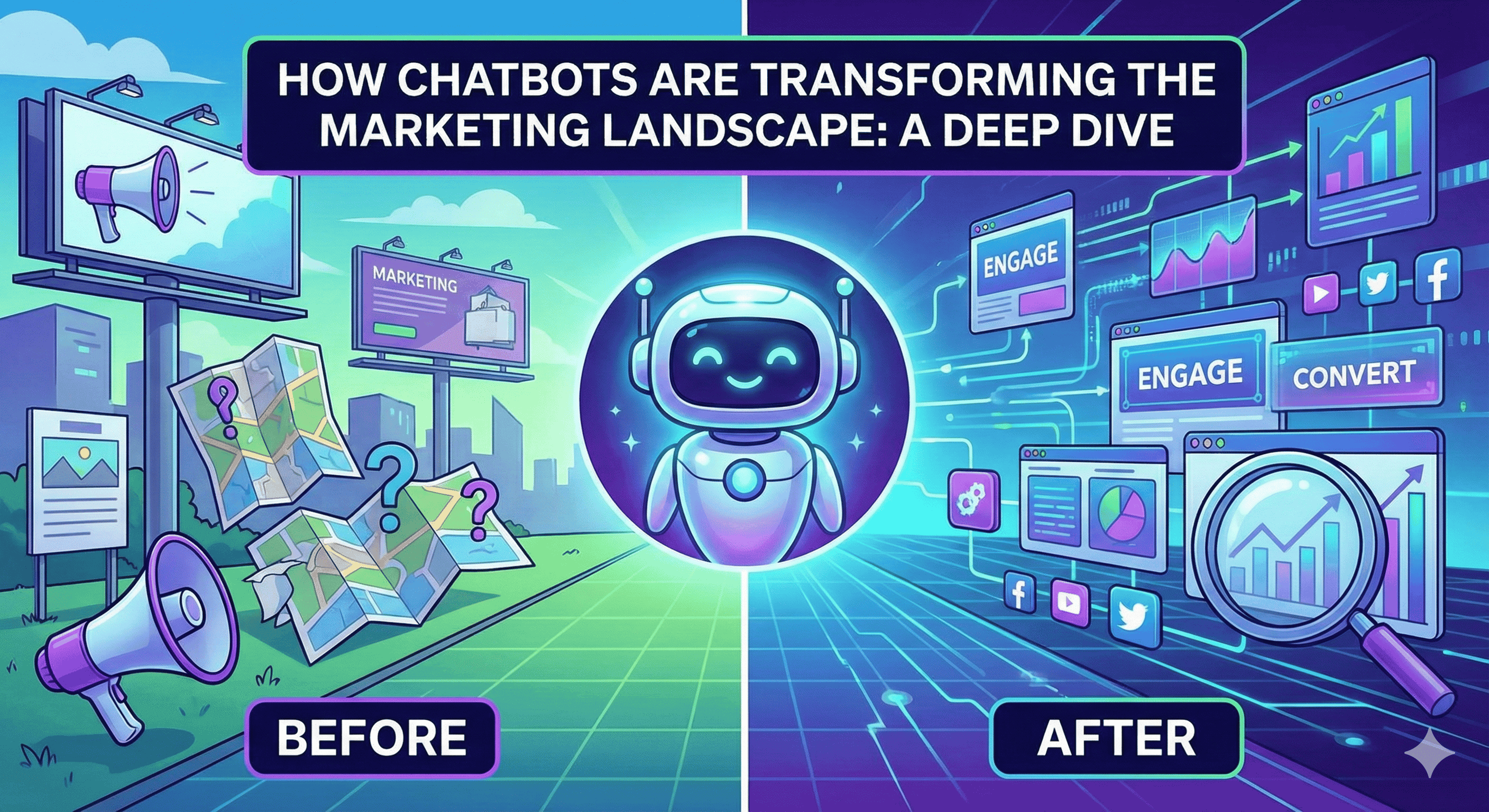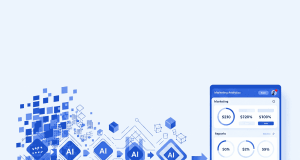In an age where technology is advancing at a breakneck pace, the way we create and consume content is undergoing a profound transformation. Automated content creation—powered by artificial intelligence (AI) and machine learning—has entered the literary arena, redefining the very essence of storytelling. As we delve into this evolving landscape, we will explore the implications, opportunities, and challenges that automated writing presents.
The Rise of AI in Writing
Automated content creation has its roots in natural language processing (NLP), a branch of AI that enables machines to understand and generate human language. Tools like OpenAI’s ChatGPT, Google’s BERT, and others are capable of composing text that can mimic human writing styles, generating everything from simple articles to complex narratives.
Benefits of Automated Content Creation
Efficiency and Speed: AI can produce large volumes of content in a fraction of the time it would take a human. This is particularly beneficial in realms like journalism, where timely reporting is crucial.
Cost-Effectiveness: For businesses and content marketers, automated writing can reduce costs related to hiring writers or content creators, making high-quality content more accessible.
Data-Driven Insights: AI tools can analyze vast datasets to tailor content more effectively to audience preferences. By leveraging data, writers can create personalized narratives that resonate with specific demographics.
- Error Reduction: Automated systems are designed to minimize grammatical and factual errors, ensuring that content is clean and reliable.
Redefining Storytelling
Despite the advantages, the rise of automated content creation raises important questions about the nature of storytelling itself. Here are several ways it is reshaping the narrative landscape:
1. Democratization of Content Creation
Automated writing tools empower anyone with an idea to create and share stories, leveling the playing field. Aspiring authors, marketers, and content creators can produce engaging narratives without the barriers that traditional publishing imposes. This democratization means more diverse voices and stories can emerge, enriching the narrative tapestry.
2. Blending Genres
AI’s ability to analyze and synthesize genres could foster unprecedented creativity. Writers can experiment with blends of fiction and non-fiction, genres, and styles that as yet have no established precedent. This genre-bending could lead to innovative formats that challenge traditional storytelling conventions.
3. Interactive Narratives
As technology continues to advance, stories can become more interactive. AI can generate real-time events or plot developments based on user choices, creating a personalized storytelling experience. This interactivity could lead to a new genre of participatory narratives that engage audiences in unprecedented ways.
4. Ethical Considerations
As automated content creation becomes more commonplace, ethical concerns arise. Issues related to authorship, plagiarism, and the potential for misinformation must be critically assessed. Who owns the rights to an AI-generated piece? How do we ensure that AI-generated content aligns with ethical standards?
The Human Touch: A Necessary Component
While automated tools excel in generating content, they lack the nuanced understanding of human emotion, cultural context, and lived experiences that characterize compelling storytelling. The most enduring narratives often arise from deep personal connections or shared experiences—elements that AI may replicate but cannot authentically originate.
Furthermore, the writer’s voice—an expression of individuality and perspective—adds depth to storytelling. In the future, we may see a hybrid model where human creativity is augmented by AI tools. Writers will likely leverage these technologies to automate mundane aspects of writing, allowing them to focus on the art of storytelling itself.
Conclusion
The future of writing is poised for a paradigm shift, driven by the advent of automated content creation. As we embrace these technological advancements, we must also grapple with the ethical dilemmas they present. While AI can significantly enhance the writing process, the essence of storytelling—rooted in human experience—remains irreplaceable.
In a world where anyone can become a storyteller, the challenge lies in maintaining the authenticity and emotional depth that resonates with audiences. The future awaits, and it promises to be an exciting journey—a collaborative effort between human creativity and artificial intelligence, reshaping the narratives that define our world.









